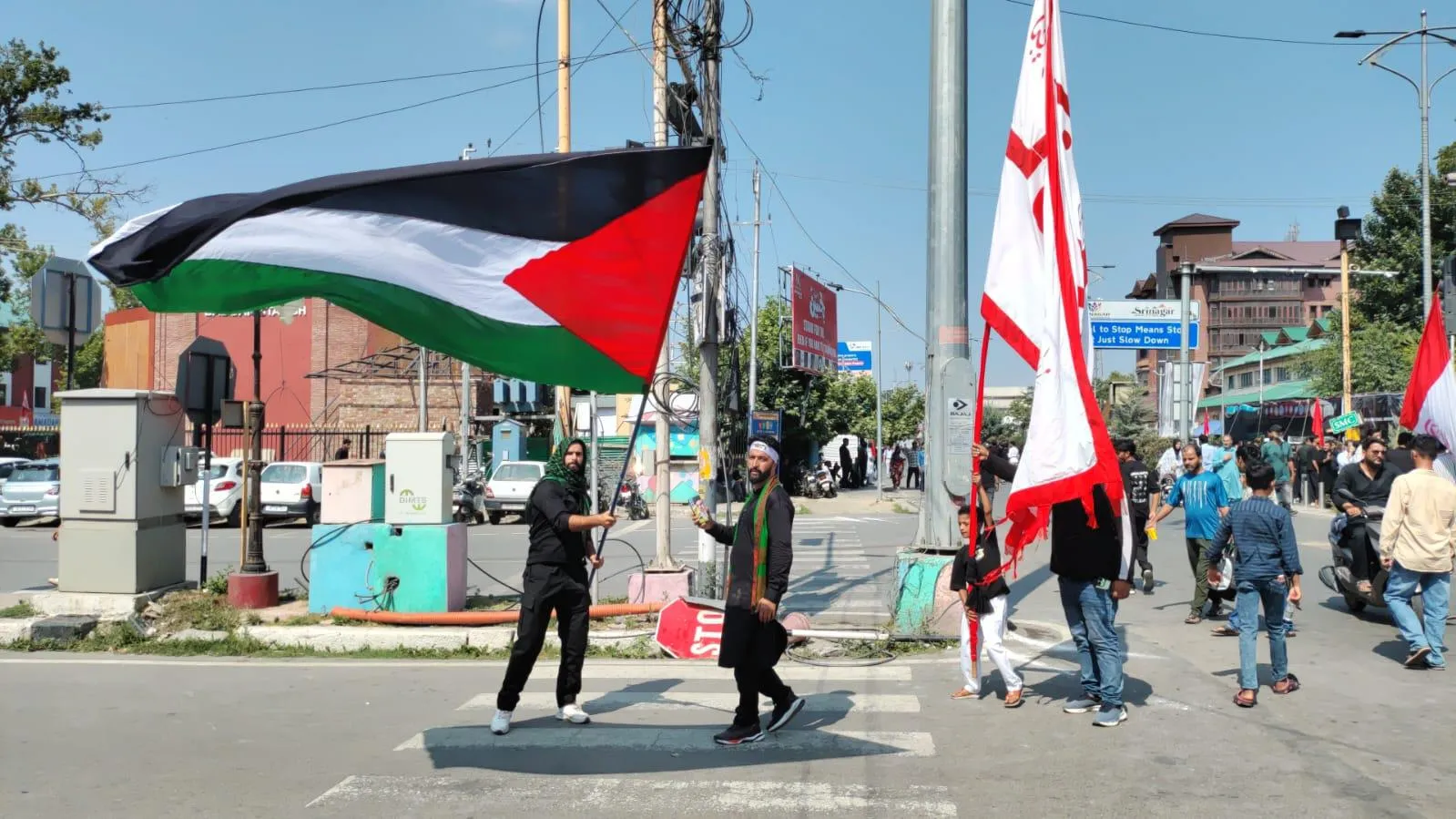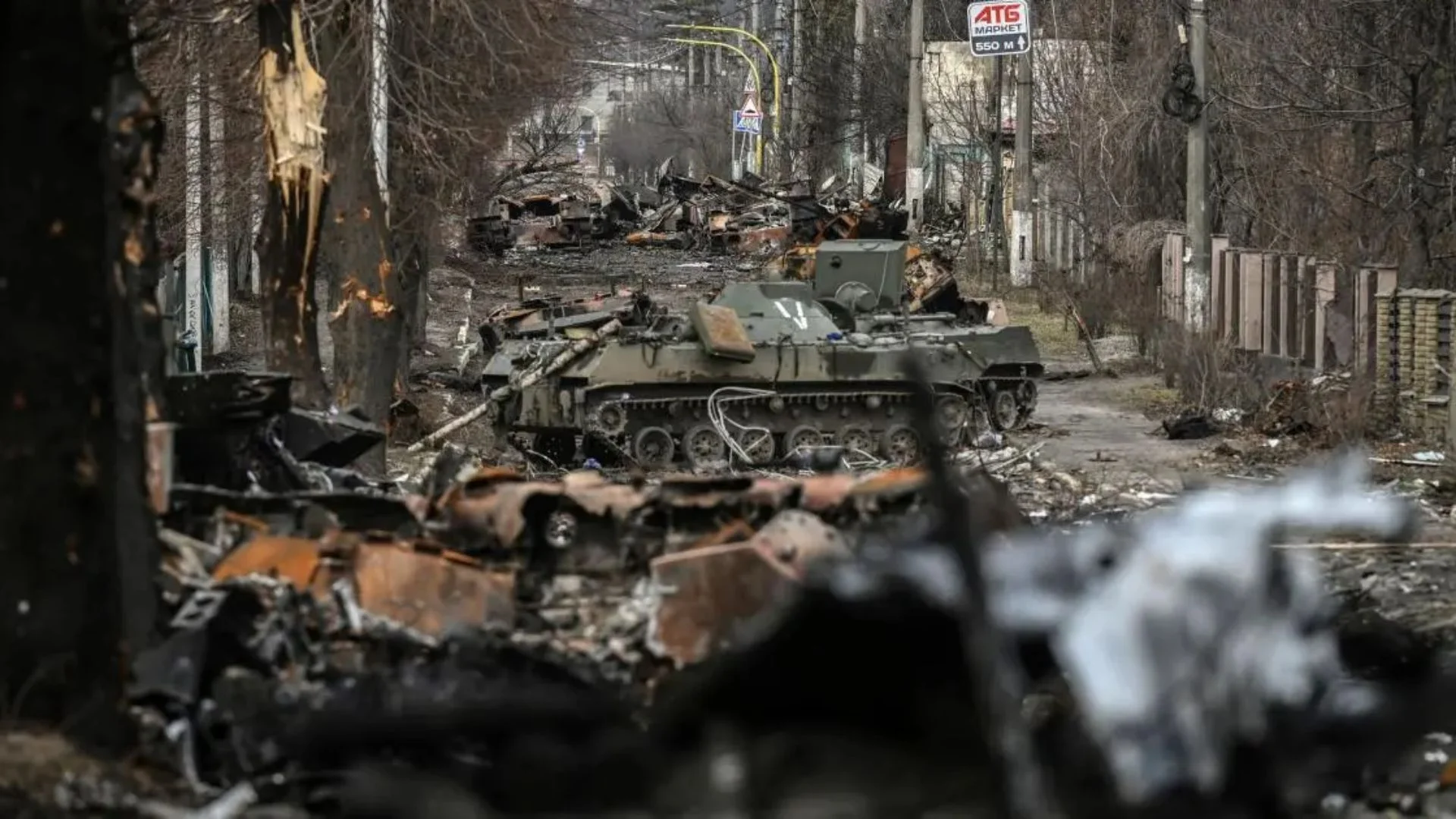French air traffic controllers’ (ATC) July 3–4, two-day walkout compelled the cancellation of more than 1,500 flights and affected nearly 300,000 passengers. Although the strike seems to be a national labor problem, it unmasks a deeper systemic crisis confronting Europe’s aviation industry — a brittle combination of staff shortages, aging infrastructure, and decentralized airspace management, all being pushed to the limits by post-Covid rebounding demand.
Surge in Demand Meets Pandemic-Age Cuts
Europe’s air transport system, which was already stretched before Covid-19, took a hit during the pandemic. Recruitment came to a standstill, training was halted, and thousands of employees took early retirement. The International Air Transport Association (IATA) reports that by 2023 air traffic across Europe had recovered to more than 94% of pre-Covid levels, with traffic in December rising above 2019 levels.
In spite of this rebound, air traffic control resources have not caught up. European airlines experienced a 22% rise in traffic in 2023 versus 2022, yet staffing and infrastructure are still not sufficient.
Severe Controller Shortage Fuels Delays
A persistent shortage of qualified ATC personnel is at the core of the problem. Europe is short by 700 to 1,000 air traffic controllers, says Frederic Deleau of the International Federation of Air Traffic Controllers’ Associations. It can take three years to train new staff and is constrained by rigorous entry controls.
Moreover, talent competition is increasing. European-trained controllers are being lured to the Gulf states of the UAE and Qatar by better remuneration and relocation packages, draining Europe’s skilled workforce further.
Overwork Causes Strikes and Burnout
Weary controllers are often forced into overtime and back-to-back shifts, resulting in exhaustion and greater likelihood of errors. This has caused a vicious cycle, where burnout is exacerbated by understaffing and leading to more resignations.
Walkouts, such as the French union UNSA-ICNA strike, are typically against these same pressures, in addition to management actions and planned clock-in systems that workers complain demonstrate a lack of faith.
Legacy Infrastructure Slows Down the Skies
In addition to manpower shortages, out-of-date air traffic infrastructure contributes to the pandemonium. Europe is dependent upon radar and communication systems created decades ago. In contrast to the US, with one FAA-controlled airspace, Europe’s is still divided by country, creating gaps in communication and diminished efficiency.
Efforts at modernization, like British remote-controlled towers, have been resisted because of doubts regarding cybersecurity, weather conditions, and protection of jobs.
Fragmented Airspace Exacerbates Delays
In the face of the notion for a single, unified Europe, airspace is still controlled by governments at the national level. Such fragmentation hinders coordination, particularly in times of crisis. The French ATC strike not only affected domestic flights but also overflights, stranding planes in Spain, the UK, Ireland, and Greece.
Ryanair, for instance, had to cancel more than 170 flights in July, impacting 30,000 passengers.
Strikes Sweep Across Europe
France is not alone. Italian, Finnish, Spanish, and Greek workers are also scheduling strikes in July. Time Out reports that these workers are acting in response to frustrations about wages, working conditions, and inflation — complaints shared across the continent.
Economic Cost of Doing Nothing
The knock-on effects of air traffic disruptions go far beyond tourism. A PwC report on behalf of Airlines for Europe suggests that such disruptions generate substantial economic loss. Europe’s aviation industry is worth 5.5 million jobs and contributes €338 billion to the economy. This lifeblood contribution is under threat from continued chaos.
Single European Sky: A Delayed Fix
Put forward as early as the 2000s, the “Single European Sky” (SES) plans to integrate European ATC on a single streamlined network. Although efforts such as Functional Airspace Blocks (FABs) have initiated regional collaboration, complete implementation is still far away because of national security issues and union opposition.
Nevertheless, as demand increases, so does pressure to finally implement SES. Aviation professionals now consider it no longer a flight of fancy but an immediate imperative.
Europe Needs to Act or Fall Even Further Behind
Unless there are fast, concerted reforms, summer travel anarchy will become the rule. Europe’s aviation industry — a former icon of connectedness — now epitomizes fragmentation and inefficiency.
While the continent is recovering from Covid and preparing for surging travel, its leaders need to be able to summon political will to reconstruct air systems, attract talent, and adopt integration.






















